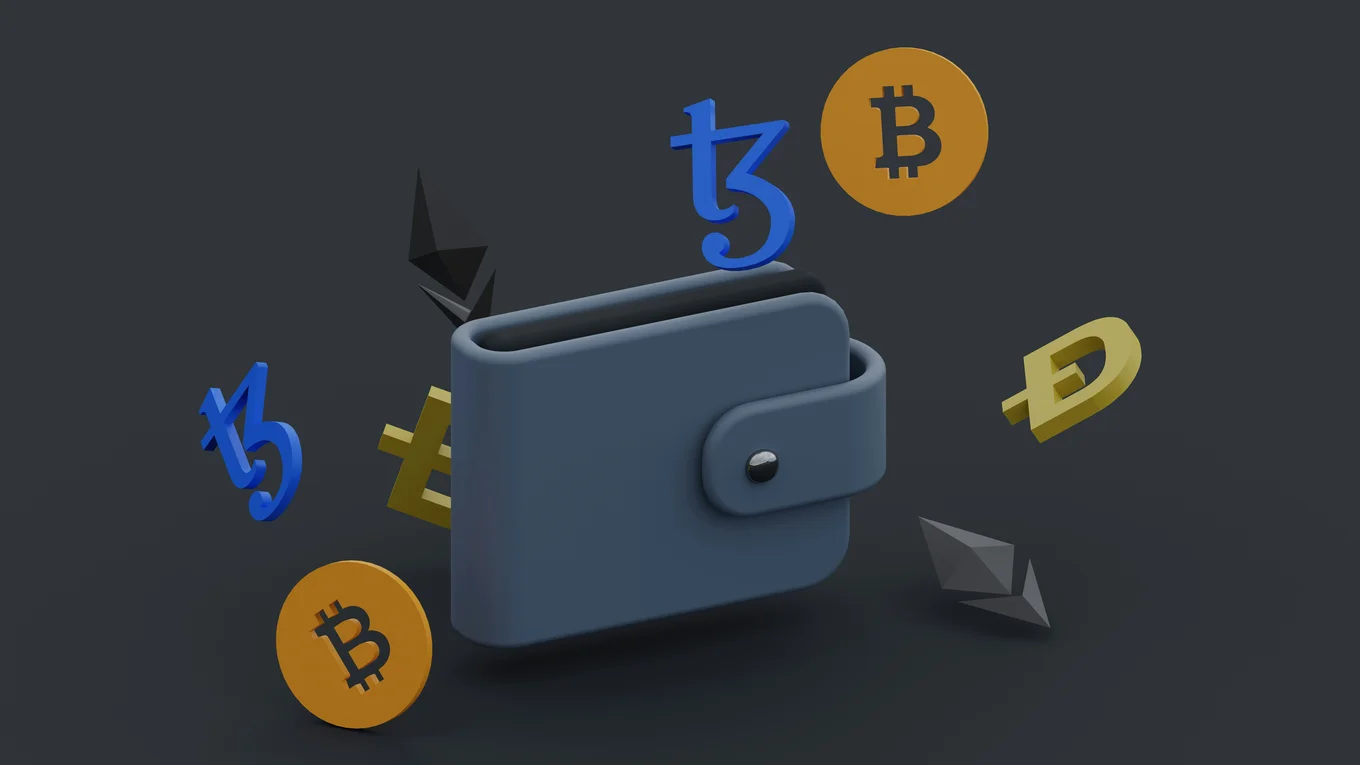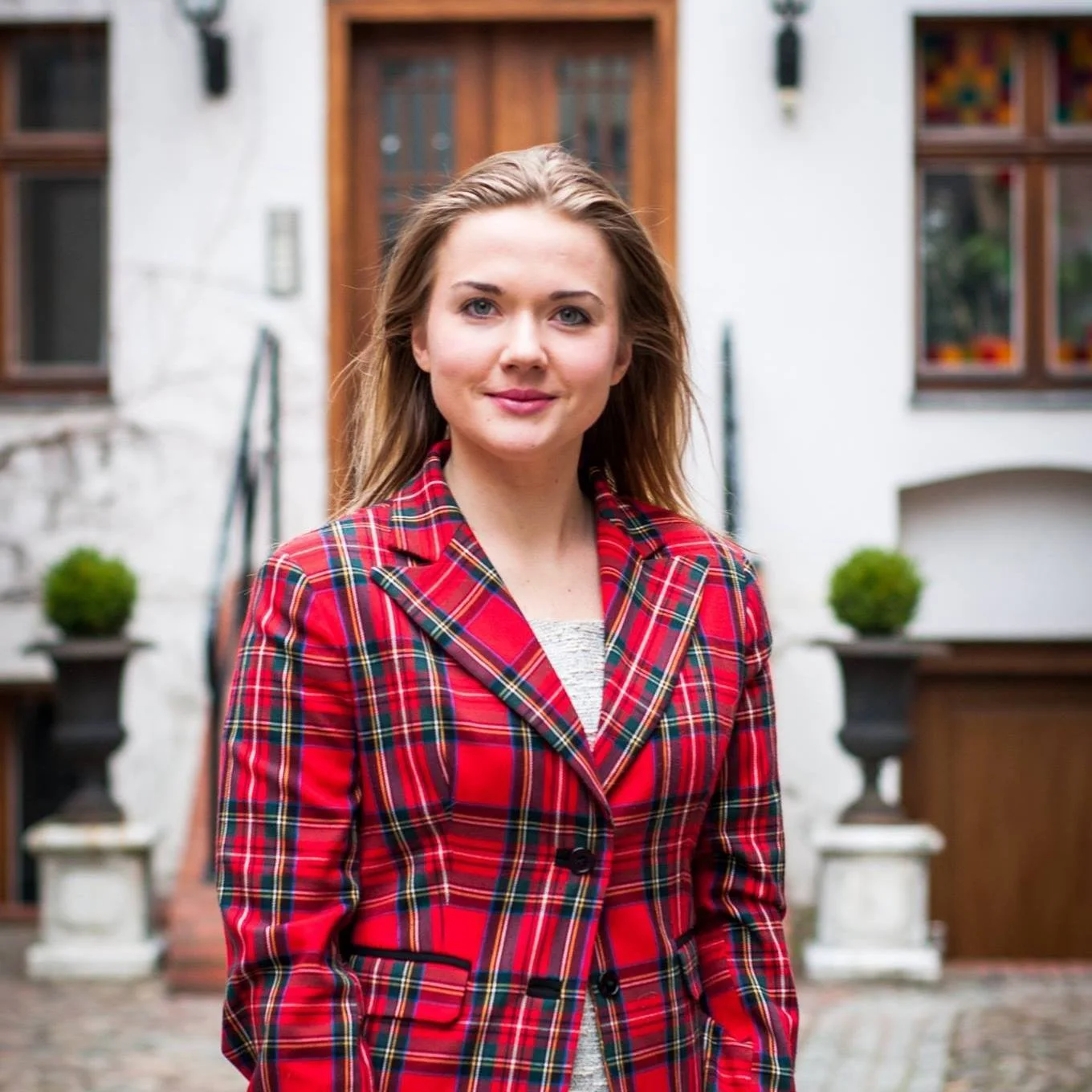
Making Crypto Safer: Introducing the ARGOS Project

Communications Officer
The world of cryptocurrency and internet transactions is constantly evolving, and the changing landscape of technologies that support this growing industry often means that legislation struggles to keep up, allowing cybercriminals to exploit loopholes and take advantage of the lack of oversight. Concerted effort across the sector is necessary to address this vulnerability.
To that end, we are thrilled to announce the ARGOS project, which stands for Analyse et Représentation des Graphes des Opérations Suspectes or the analysis and graphical representation of suspicious operations. Together with Functori, the LMF lab at Paris Saclay, and the Lip6 lab at Sorbonne University, Tarides is creating a platform for blockchain analysis. ARGOS will facilitate the monitoring and tracing of individual transactions on the blockchain, helping both nations enforce the law and organisations comply with regulation.
The Current Problem
The financial crimes perpetrated using crypto and the blockchain include money laundering, extortion, fraud, and funnelling funding for terrorist activities. Cybercriminals take advantage of the same traits that make crypto attractive to legitimate users: its decentralisation, dynamism, and versatility. Further exacerbating the problem, these same traits make it difficult for nations to legislate and enforce rules like they do for traditional financial institutions like banks.
This is because, rather than employing the traditional methods of identification, authentication, and document verification by a central authority, the blockchain uses an 'authorisation by default' approach to validate the exchange itself. Even though existing safeguards exist, which make it possible for police and the judicial system to determine the individuals associated with a transaction, they are not enough to effectively tackle cybercrime. What is needed is a way to identify, analyse, and track suspicious transactions and their sources at scale.
The ARGOS Solution
Several proposed solutions to the situation exist, but many of them can't address the breadth and complexity of the challenge or/and are not designed for the European financial system. Existing regulations empower nations to pose specific requirements on cryptocurrency providers and traders, and in Europe, that includes PACTE for France. Regulations impose rules on how the blockchain interacts with traditional financial institutions and the obligations that providers have including authenticating clients, freezing accounts, and identifying cryptographic addresses.
ARGOS will be a French solution custom-created to comply with and enforce French and European financial market regulations. It is designed to be lightweight enough not to place an undue burden on the existing ecosystem of blockchain developers, cryptocurrency providers, and traders, efficient enough to handle large codebases and complex systems, and robust enough to catch criminal activity reliably.
What is ARGOS?
The success of ARGOS rests on the key characteristics of the project, which are as follows:
- Data Sovereignty: ARGOS will be designed and developed in France in compliance with the best practices and regulations of the European market. This provides additional security and privacy guarantees for European users, who do not have to share sensitive information with non-European parties.
- Open Source: Being open-source is a fundamental aspect of the ARGOS project, providing the high levels of transparency required to facilitate collaboration across organisations. The project will be published under an open-source licence, ensuring the entire platform (including the source code, tests, etc.) is available to the community for validation and scrutiny. This transparency is important for users to feel confident in the platform and to encourage innovation in its ecosystem.
- Large-Scale Data Management: We will use and adapt large-scale data management techniques to handle the big datasets characteristic of the blockchain sector. Our focus will be on efficiency and performance, and we will undertake R&D work to develop new solutions that suit our use case.
- Suspicious-Pattern Detection: We plan to implement data processing mechanisms like taint analysis and pattern detection to track the movement of digital assets. Machine learning should also greatly improve the quality of the results we obtain.
- In-Depth Analysis of Smart Contracts: Our system will be able to analyse smart contracts and understand the paths of nested interactions to determine whether a series of operations is suspicious.
- Blockchain Bridge Traceability: Our solution will account for transactions across blockchain bridges, ensuring that ARGOS doesn't lose track of them and remains global (not limited to one blockchain).
- Customisable User Interface: ARGOS will provide an intuitive and customisable user interface that can be adapted to suit each user's individual needs. It's important that our solution is accessible, easy to use, and integrates with existing tools. For example, a Digital Asset Service Provider (DASP) (so-called Prestataire de Service sur Actifs Numériques or PSAN in French) should be able to use it in combination with the monitoring and cryptographic tools they already employ with their own users.
- Adapted Analysis Reports: ARGOS will offer several analytics report tools tailored to the specific needs of different users.
What Does the Future Hold?
The project is in its early stages, and we are collaborating closely with our partners to research and develop new approaches and technologies. Look out for more updates on the project coming in the future!
Connect with us online on Bluesky, Mastodon, Threads, and LinkedIn to stay updated on our latest projects.
Open-Source Development
Tarides champions open-source development. We create and maintain key features of the OCaml language in collaboration with the OCaml community. To learn more about how you can support our open-source work, discover our page on GitHub.
Explore Commercial Opportunities
We are always happy to discuss commercial opportunities around OCaml. We provide core services, including training, tailor-made tools, and secure solutions. Tarides can help your teams realise their vision
Stay Updated on OCaml and MirageOS!
Subscribe to our mailing list to receive the latest news from Tarides.
By signing up, you agree to receive emails from Tarides. You can unsubscribe at any time.
